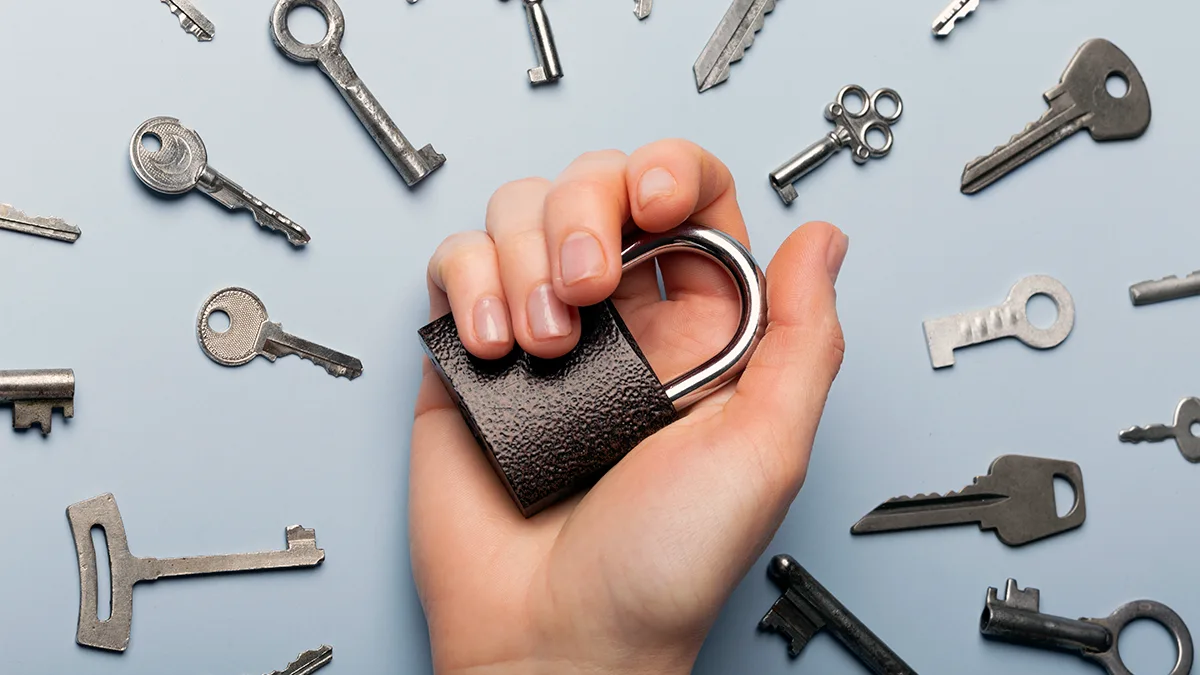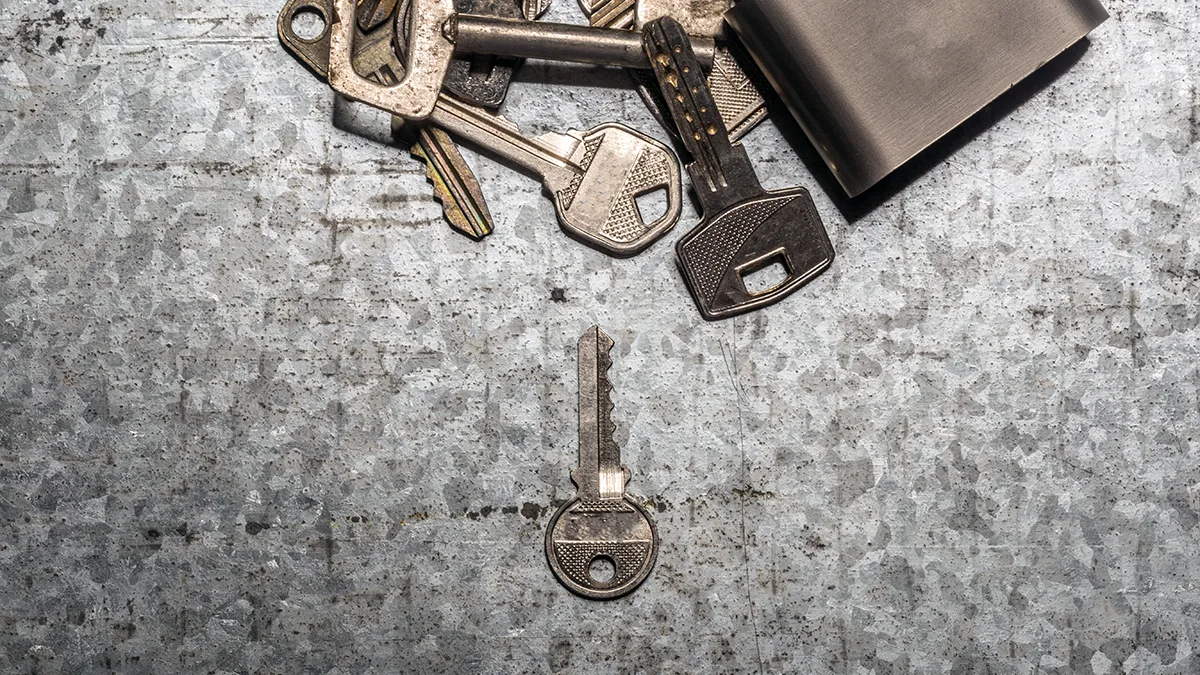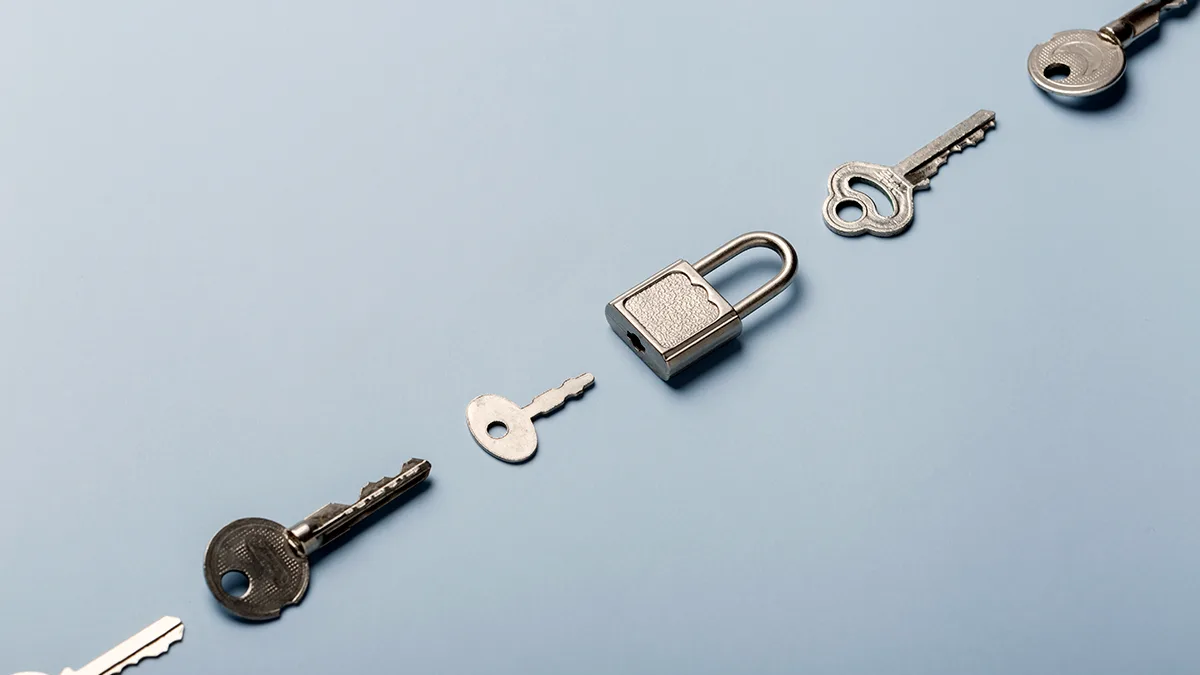The Hidden Costs of DIY Lock Repairs and How to Avoid Them. In a bustling city…
Understanding the Differences Between Mortice and Cylinder Locks
Understanding the Differences Between Mortice and Cylinder Locks. As the world of security continues to evolve, understanding the various locking mechanisms available is essential for homeowners and businesses alike.
Among the most common types of locks are mortice and cylinder locks. Both serve the primary function of securing premises, but they operate in distinct ways and offer different advantages and disadvantages.
This article aims to elucidate the differences between mortice and cylinder locks, providing a comprehensive overview for those considering their options in London and beyond.
What Are Mortice Locks?
Mortice locks are a type of locking mechanism that is installed within a pocket or cavity, known as a mortice, cut into the door itself. This type of lock is typically more substantial than other locks and is often associated with higher security levels. Mortice locks can be used for both residential and commercial properties and are commonly found in wooden doors.
Features of Mortice Locks
- Construction: Mortice locks are usually made from robust materials, making them resistant to tampering and forced entry.
- Security Ratings: Many mortice locks come with British Standard ratings, indicating their level of security. For instance, a BS3621-rated mortice lock is highly recommended for external doors.
- Key Types: Mortice locks can accommodate various key types, including standard keys, deadbolts, and multi-point locking systems.
- Versatility: They can be fitted with additional features such as night latches or electronic access systems, enhancing their functionality.
- Aesthetic Appeal: Mortice locks can be designed to blend seamlessly with the door, offering a more polished and professional appearance.
What Are Cylinder Locks?
Cylinder locks, also known as euro cylinder locks, are one of the most common types of locks used in residential and commercial properties. These locks consist of a cylinder that is turned by a key, allowing the user to engage or disengage the locking mechanism. Cylinder locks are often found in uPVC and composite doors but can also be used in wooden doors.
Features of Cylinder Locks
- Ease of Installation: Cylinder locks are relatively easy to install, making them a popular choice for DIY enthusiasts and professional locksmiths alike.
- Variety of Styles: They come in various styles and sizes, including single, double, and thumb-turn cylinders, allowing for flexibility in design and functionality.
- Security Options: High-security cylinder locks are available, offering anti-drill, anti-pick, and anti-bump features to enhance protection against common break-in methods.
- Cost-Effectiveness: Generally, cylinder locks are more affordable than mortice locks, making them an attractive option for budget-conscious consumers.
- Accessibility: The design of cylinder locks allows for quick and easy access, making them suitable for high-traffic areas.
Key Differences Between Mortice and Cylinder Locks
While both mortice and cylinder locks serve the fundamental purpose of securing doors, several key differences set them apart. Understanding these differences can help individuals make informed decisions about their locking needs.
1. Installation Method
- Mortice Locks: Require a pocket to be cut into the door, which can be a more complex installation process. This often necessitates professional assistance from a locksmith, especially in older doors that may require additional modifications.
- Cylinder Locks: Typically involve a simpler installation process, often requiring only a hole to be drilled into the door. This makes them more accessible for DIY installations.
2. Security Level
- Mortice Locks: Generally offer higher security levels due to their robust construction and the ability to incorporate advanced locking mechanisms. They are often favoured for external doors in residential and commercial properties.
- Cylinder Locks: While high-security options are available, standard cylinder locks may not provide the same level of resistance against tampering as mortice locks. It is essential to choose high-quality cylinder locks with appropriate security ratings.
3. Aesthetic Considerations
- Mortice Locks: Often blend seamlessly into the door, providing a clean and professional look. They can be customised to match the door’s design, enhancing the overall aesthetic appeal.
- Cylinder Locks: May protrude from the door, which can be less visually appealing. However, they come in various designs that can still complement the door’s style.
4. Cost
- Mortice Locks: Usually more expensive due to their complex installation and robust construction. The investment can be worthwhile for those prioritising security.
- Cylinder Locks: Generally more affordable, making them a popular choice for budget-conscious consumers or those looking to secure multiple doors without significant expenditure.
5. Durability and Longevity
- Mortice Locks: Typically offer greater durability and longevity due to their robust construction. They are less likely to suffer from wear and tear compared to cylinder locks.
- Cylinder Locks: While many high-quality options exist, they may not be as durable as mortice locks, especially in high-traffic areas.
Choosing the Right Lock for Your Needs
When selecting between mortice and cylinder locks, several factors should be considered:
- Security Requirements: Assess the level of security needed for your property. If you require high security for an external door, a mortice lock may be the better choice.
- Budget: Determine your budget for locking mechanisms. If cost is a significant factor, cylinder locks may offer a more economical solution.
- Installation: Consider whether you will be installing the lock yourself or hiring a professional locksmith. Mortice locks may require more expertise to install.
- Aesthetic Preferences: Think about the appearance of the lock and how it fits with the overall design of your door and property.
- Long-Term Use: Consider how frequently the door will be used and the potential wear and tear on the lock. A more durable lock may be necessary for high-traffic areas.
Understanding the differences between mortice and cylinder locks is crucial for making an informed decision regarding security for your home or business. Both types of locks have their unique advantages and disadvantages, making them suitable for different situations and preferences.
If you are considering upgrading your locks or installing new ones in London in 2025, consulting with a professional locksmith can provide valuable insights tailored to your specific needs.
Whether you opt for the robust security of a mortice lock or the convenience and affordability of a cylinder lock, ensuring your property is secure should always be a top priority.
In a world where security threats are ever-present, investing in the right locking mechanism is a critical step towards safeguarding your premises.




Comments (0)